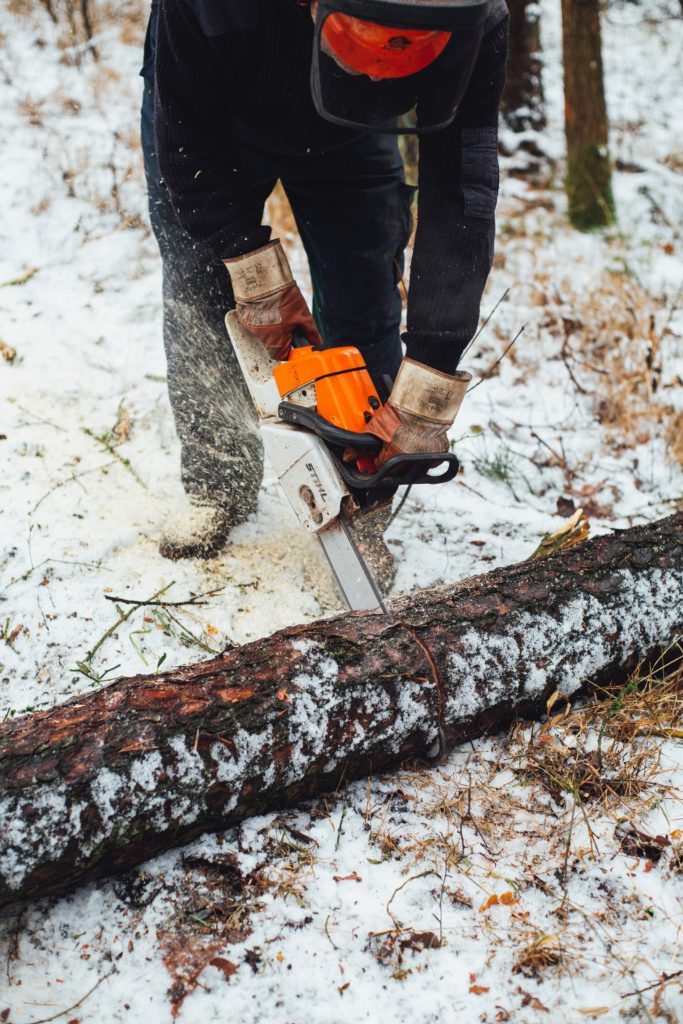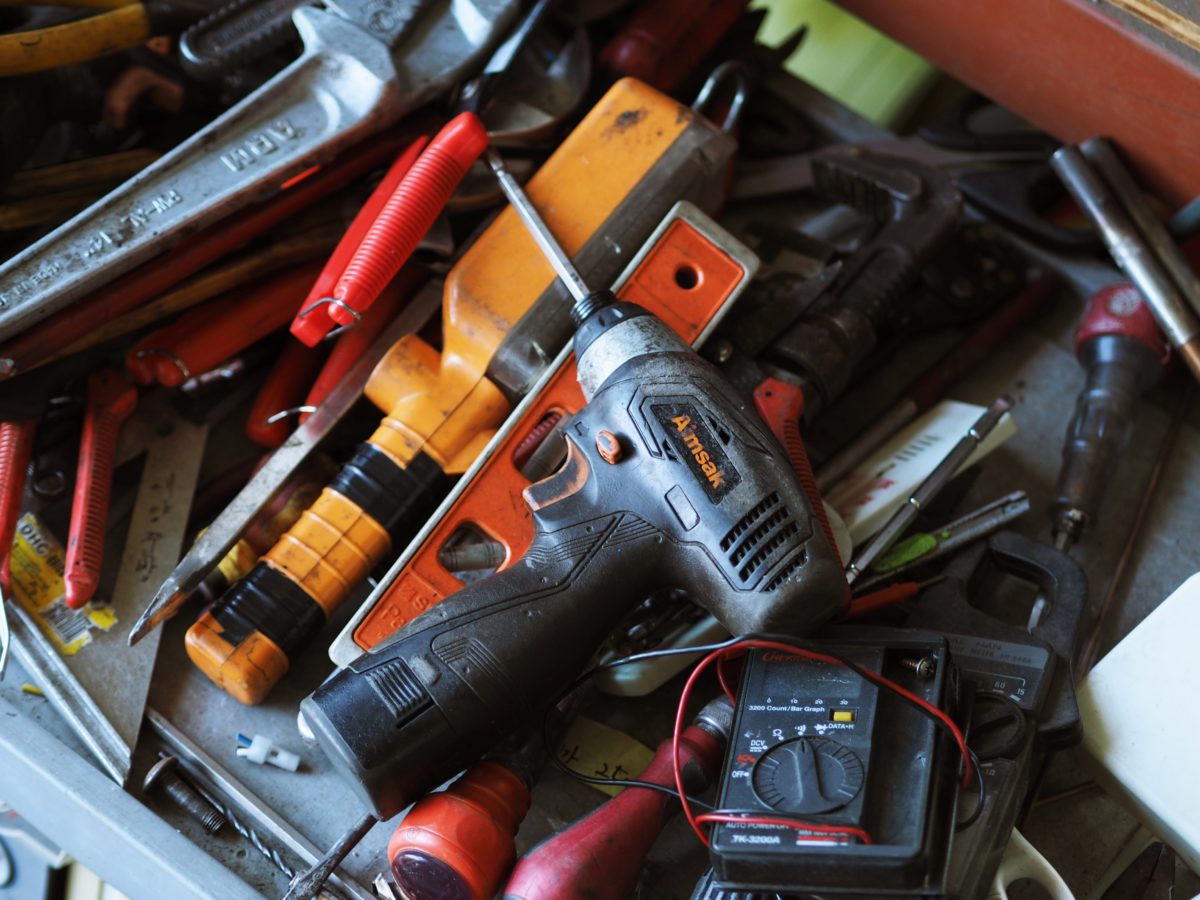Injuries related to power tools are on the rise, largely due to the increase in DIY aficionados who take on projects after the holiday season. Things have slowed down and it’s too cold to go outside, so out comes the good ol’ “honey do” list. Before you get started, let’s talk about keeping your hands safe when using power tools this winter so that you can avoid hand injury treatment.
Professionals, although not immune to accidents, generally know that keeping their hands safe when using power tools comes from in-depth training and experience. However, an ambitious yet inexperienced person whose optimism may overshadow his or her risk assessment, may encounter dangers that are important to be aware of.
Table Saws
The table saw is probably the most dangerous power tool you can use. Equipped with a ten-inch blade spinning at 3500 revolutions per minute and an edger operating at over a hundred miles per hour, improper use of this tool can be a recipe for disaster. Always keep your hands away from the saw blade and edger. When feeding a piece of wood through the saw, push it using another piece of wood – never your hand. The momentum of your sawing movement may inadvertently and unexpectantly lead your hand toward the saw and then it’s too late to correct the mistake.
In any given year in the United States, approximately 60,000 injuries are due to table saw use. 3,000 of them result in amputation. We hate to paint such a grim picture of you, but we cannot stress how important it is to be careful when using this tool.
Nail Guns
Nail guns work by using compressed air to deliver a nail into a piece of wood at a pressure of approximately 120 pounds per square inch. Even a small nail gun can be very dangerous. About 42,000 injuries are reported annually, and 40% of those injuries are incurred by well-meaning do-it-yourselfers. In addition to puncture wounds to the hands and wrists, nails have often been delivered to other parts of the body too.
When using a nail gun, you should always make sure that it is in sequential mode as opposed to contact mode. This does add another step to the process since you need to pull the trigger instead of just depressing the muzzle but doing so can prevent injury. And obviously, keep your hands away from anywhere that a misfire could cause a nail to exit unexpectedly from the wood.
Chainsaws
 We probably don’t have to tell you the kind of damage that a chainsaw can do to your hands, arms, or other parts of your body. A chainsaw is very dangerous when used improperly and without the use of protective gear. Over 30,000 chainsaw injuries are reported yearly in the United States, and the typical injury requires over a hundred stitches.
We probably don’t have to tell you the kind of damage that a chainsaw can do to your hands, arms, or other parts of your body. A chainsaw is very dangerous when used improperly and without the use of protective gear. Over 30,000 chainsaw injuries are reported yearly in the United States, and the typical injury requires over a hundred stitches.
Now, if you’re thinking you can forego the protective gear, because after all, it is expensive, think about those 100+ stitches. Now, think about the fact that a pair of protective chaps costs about as much as one stitch in your hospital emergency room. Invest into proper gear, such as heavy duty gloves, so that you won’t have to be Googling “hand doctor near me” after a failed log cutting attempt. Here’s a helpful video on other chainsaw safety tips.
Circular Saw
It seems as if practically everybody owns a circular saw, but most people have no idea how to properly it. Most injuries are caused by people bracing a piece of lumber against their knee which is the most common method for injury that we see here in our offices. Other injuries are caused by using the saw with one hand while holding the wood with the other. You should always clamp the wood, so that you can keep both hands on the saw. We also highly recommend using a sawhorse for further insurance.
Power tools are among the greatest conveniences of modern life, but when handled improperly, they can be dangerous one-way tickets to hand and wrist injuries.
Here at Arora Hand Surgery, we care about your health. If you are feeling hand, wrist, or elbow pain, visit Dr. Avery Arora, Michigan’s top hand surgeon, at one of his southeast Michigan offices located in West Bloomfield, Warren, Macomb Township, or Howell.













